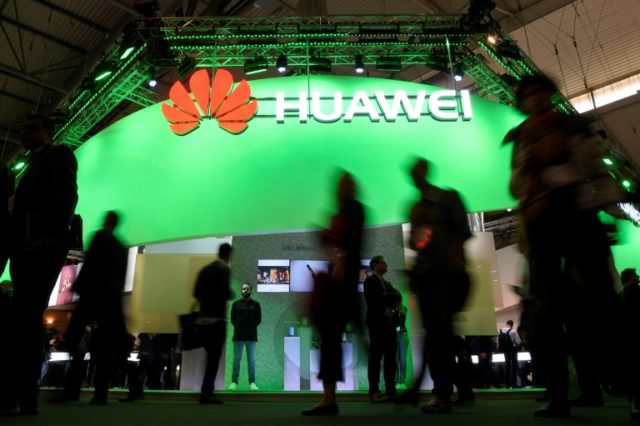The Canadian government said on Wednesday that police have detained a third Canadian citizen in China. While Ottawa provided no details of the arrest, an official said there is “no reason to believe that this case is linked” to the detentions of Michael Kovrig and Michael Spavor – whose arrests last week were in turn clearly linked to Canada’s arrest of Huawei executive Meng Wanzhou.
Canada’s National Post was unable to confirm the identity of the new detainee but cited “third-party sources” who have spoken to the individual’s family and said the detainee is not a current or former diplomatic official such as Kovrig or an entrepreneur such as Spavor.
“Consular officials are providing assistance to the family. Due to the provisions under the Privacy Act, no further information can be disclosed,” a spokeswoman for Global Affairs Canada said on Wednesday.
The Chinese Foreign Ministry, on the other hand, stated on Wednesday that it was not aware of any new Canadians detained in China.
Although several Canadian officials commented to various media outlets that they have no reason to think the third detention is linked to the arrest of Meng Wanzhou, virtually every media outlet and commentator seems to assume there is at least some connection to China’s fury over Meng’s arrest. Steve Tsang of the SOAS China Institute in London told the South China Morning Post that Beijing might have gone too far by poaching another Canadian:
“‘Hostage diplomacy’ is repulsive in the international community and any country that practices it will significantly damage its reputation, international image, and credibility as an international partner,” he said.
“Being the second most powerful country in the world, China will get away with this more than most countries if they were to do the same, but it will have significant negative consequences.
“With three Canadians being detained multinationals will now have to start to consider or discuss internally if their duty of care to their staff means they need to be more careful with staff being posted to China,” he said.
An anonymous source told CBC News that Canadian officials were informed of the new arrest by someone who knows the detainee, not by Chinese officials. This could be taken as a sign the arrest was for some infraction unconnected with the Meng affair, or it could be a sign of how frosty relations between Ottawa and Beijing have become.
George Washington University law professor Donald Clarke noted on Tuesday at the Washington Post that China is not making any effort to deny Kovrig and Spavor were taken as hostages, so it would seem to have little reason to be coy about grabbing another Canadian:
The critical element of a hostage-taking is that the hostage-taker must tell you that it’s a hostage-taking and what his demands are, otherwise the whole point of taking hostages is defeated. In this case, official and quasi-official Chinese sources have been clear. The Chinese ambassador to Canada has not just admitted it; he has also proclaimed it in an op-ed in the Globe and Mail, saying that those who object to the Kovrig detention should reflect on Canada’s actions. Obviously, if there were no connection, those who object should no more reflect on Canada’s actions than they should reflect on the actions of, say, Saudi Arabia.
When China responds to criticism of the Kovrig/Spavor detentions by raising the Meng case, that is an admission that it’s all about retaliation. Assertions of equivalency are lazy and false. Both the United States and Canada host thousands of Chinese students who are the children of China’s rich and powerful, but neither they nor their parents need to worry that they will be held hostage. Neither government has the legal power to do it even if it wanted, and that lack of legal power matters.
Not so for China. Meng enjoys a full panoply of rights, including legal representation, freedom on bail, and a hearing before an impartial and independent decision-maker. No such luck for Kovrig and Spavor. Unlike Meng, they are not enjoying takeout pizza.
The latter comment was a reference to Meng’s extremely comfortable conditions after she was released on bail by a Canadian court. Not much is known about the conditions of Kovrig and Spavor’s detention, other than both of them received consular access as of Sunday.
CNBC on Wednesday saw ominous signs of a market-disrupting diplomatic war breaking out if Canada grants the U.S. request to extradite Meng so she can face charges of bank fraud and sanctions-busting. The Chinese are sending clear signals they intend to escalate the confrontation if Meng ends up in an American courtroom.
“Canadians will be expecting further retaliation if, in fact, they transport Ms. Meng to the United States and into the hands of U.S. authorities,” Amanda DeBusk of the global trade law firm Dechert told CNBC.
“Normally, of course, extradition with the Canadians is sort of routine, ho-hum, the person is brought back to the United States, then you go through the criminal process in the U.S. But nothing is normal about this case,” she added.

COMMENTS
Please let us know if you're having issues with commenting.